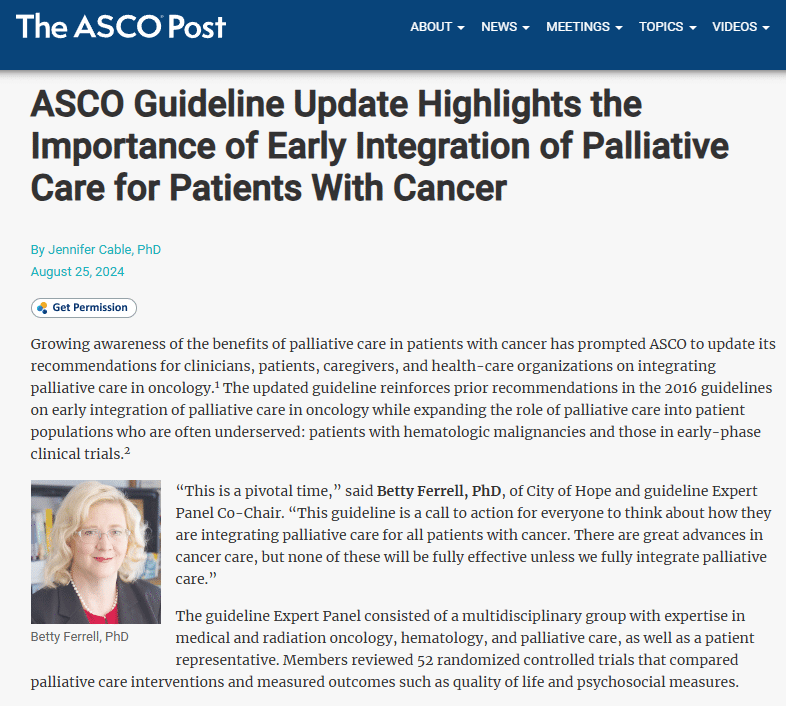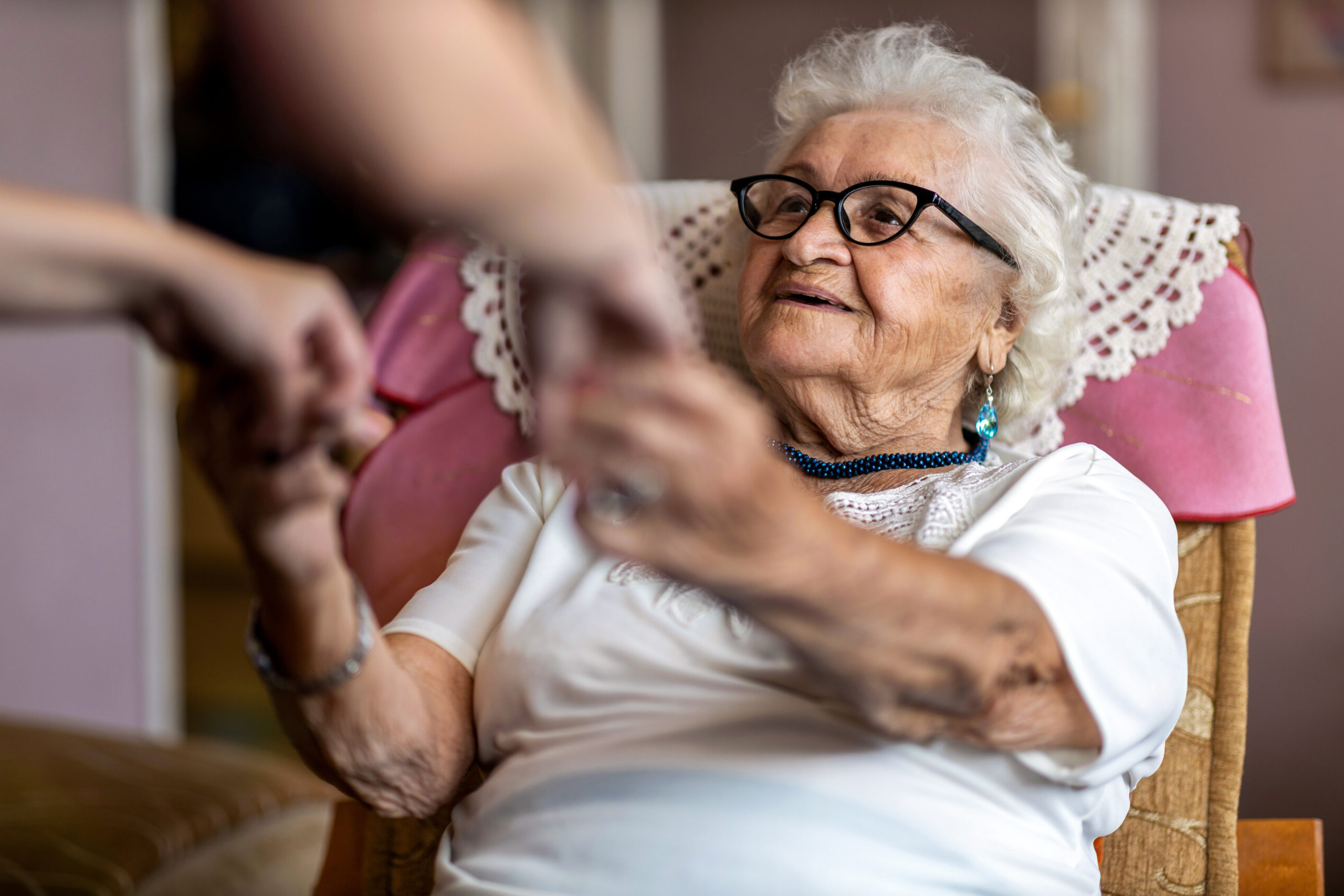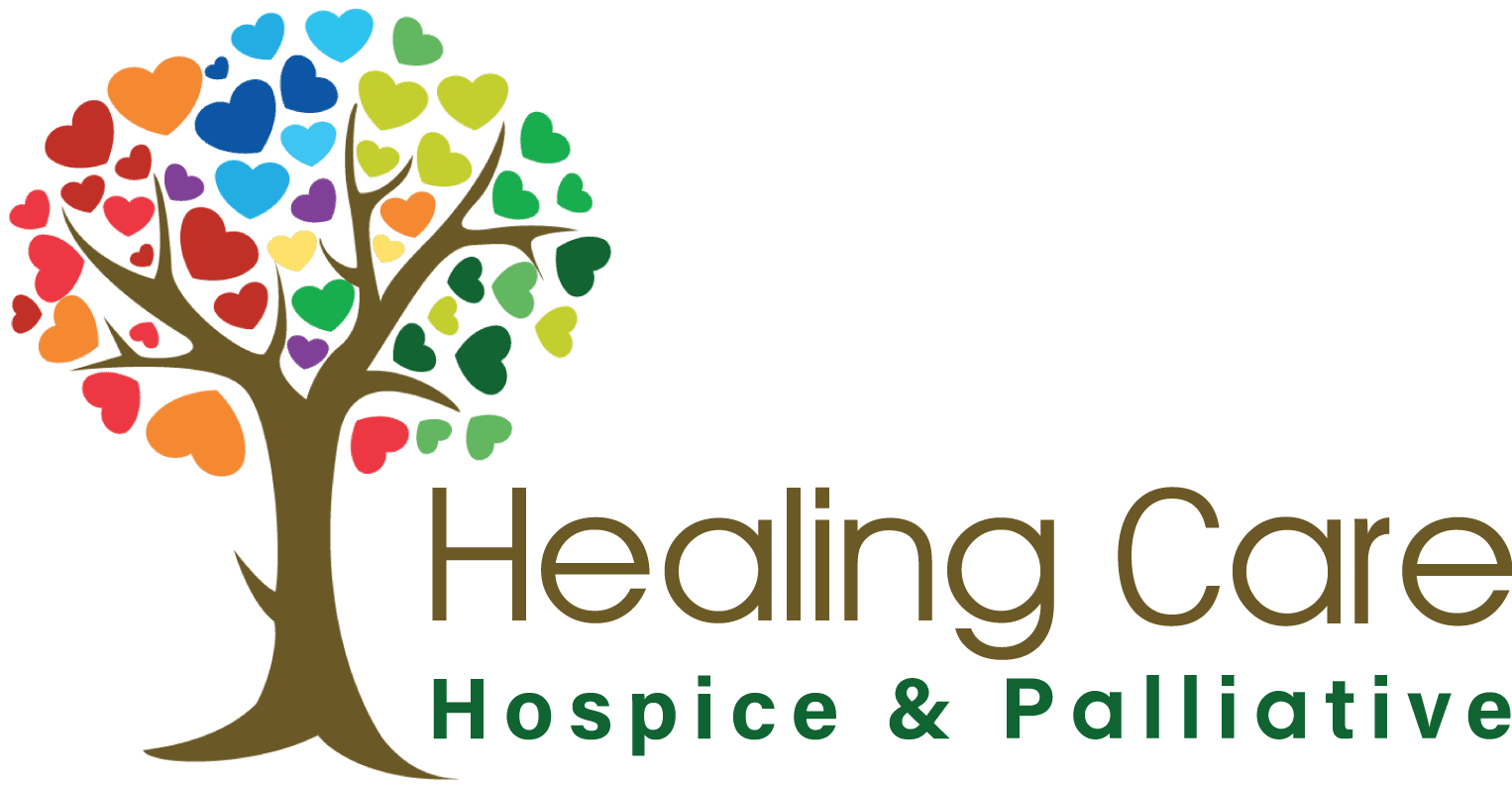Reframing the Palliative Care Narrative: Moving Beyond Misconceptions and Stigmas
Education
Recently, the American Society of Clinical Oncology (ASCO) expanded its 2016 guidelines to emphasize the importance of incorporating palliative care early in the treatment process for both cancer and non-cancerous conditions. This proactive approach aims to ease symptoms and enhance overall treatment outcomes.
In response to this update, Betty Ferrell, PhD, noted, “There are great advances in cancer care, but none of these will be fully effective unless we fully integrate palliative care.” Ferrell pointed out that, although there is an increasing recognition of the value of palliative care, a persistent stigma remains. This stigma, she explained, is rooted in the misconception held by both patients and healthcare providers that palliative care equates to “giving up” on treatment.
Upon reading “ASCO Guideline Update Highlights the Importance of Early Integration of Palliative Care for Patients with Cancer” by Jennifer Cable, PhD, Healing Care’s Palliative Care Account Manager, Nancy Colon, LVN, shed some light on this stigma and what palliative care under our company entails.

From Caregiver to Advocate
As a mom of four and a healthcare advocate for her grandmother, mom, and dad, Nancy recognized early on that her career path was in healthcare. In 2019, Nancy earned her Licensed Vocational Nurse (LVN) credential from Pacific Coast College in Costa Mesa, following three decades as a medical assistant.
Her dad’s hospice journey, marked by compassionate care, opened Nancy’s eyes to the importance of comprehensive support for elderly individuals. This inspired her to join Healing Care, where she now guides, implements, and evaluates care standards in home settings.
The Power of Early Palliative Care: Building Trust and Improving Outcomes
Nancy explained that early integration of palliative care benefits both the patient and their family, fostering relationships during crises and building trust and understanding for more difficult conversations and decisions that may come later. This vital connection between a patient and their care team has been seen to improve quality of life and treatment outcomes for patients with serious illnesses. Furthermore, psychosocial support and motivational counseling are crucial yet often overlooked aspects of palliative care. Providing patients with resources, symptom management, and education in the comfort of their homes promotes personal empowerment.

However, Nancy continued, despite growing awareness of its benefits, palliative care still faces stigma from families, patients, and clinicians. It is essential to educate families about how palliative care can effectively manage symptoms while allowing them to continue seeing specialists and receiving treatment. Misconceptions often cloud the understanding of palliative care. As this field evolves, it is important for medical teams and clinicians to share personal stores and educate families, fostering a sense of humanity and respect for the dignity and rights of the most vulnerable members of our community.
Understanding the Key Differences Between Palliative Care and Hospice
Palliative care is frequently confused with hospice care. While hospice care focuses on end-of-life comfort, palliative care aims to manage symptoms and improve quality of life for patients at any stage of a serious illness. Healing Care’s newly launched Palliative Care program addresses this need by offering high-quality care to patients who are not in the hospice stage. The program aims to dispel negative perceptions of palliative care and provide compassionate support to enhance patient well-being.
Find out more about Healing Care’s Palliative Care Program.
Written by: V Perera
Contributions by: Nancy Colon, LVN
Sources:
-
- “ASCO Guideline Update Highlights the Importance of Early Integration of Palliative Care for Patients with Cancer.” Ascopost.com, 2024, ascopost.com/issues/august-25-2024/asco-guideline-update-highlights-the-importance-of-early-integration-of-palliative-care-for-patients-with-cancer/. Accessed 11 Sept. 2024.
- Morrison, R. S., & Meier, D. E. (2004). Palliative care. The New England Journal of Medicine, 350(25), 2582-2590. doi:10.1056/NEJMra032611



